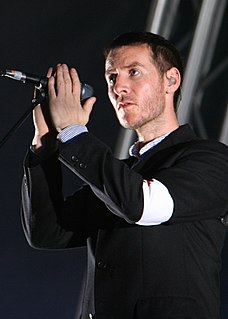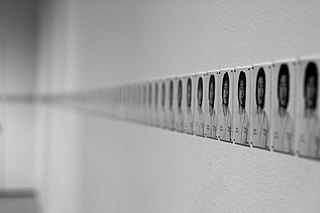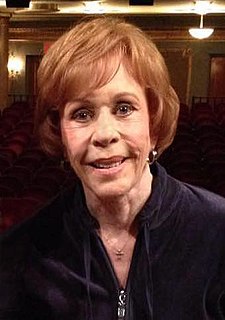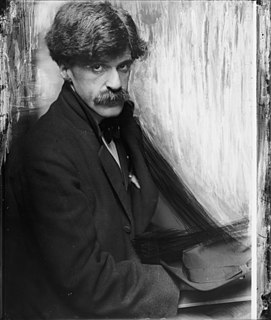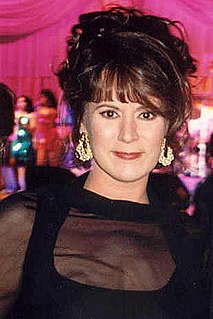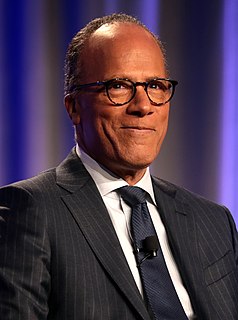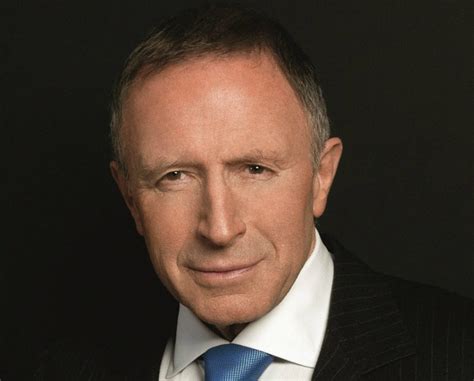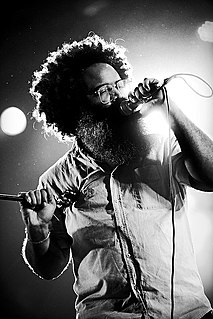A Quote by Robert Del Naja
I was looking at the work of the New York street artists and then discovering Basquiat and Haring after that and seeing how the contemporary art scene was, and then going back into Warhol and all that was happening in the 60s.
Related Quotes
I know I am a human being. I can give myself to one year for a project. That is why I say I'm primitive in the way I work, especially compared to most artists. I came to New York in 1974, knowing that it is the art center of the world. But I didn't go to find people for my work. I do the work, and the people come to me, and I learn from them. That has always been my approach - to do the job first and then to respond to it after I finish and learn what people think about it. That's how I develop, and I'm more of an outsider in that way.
I was in California, and I was going to UCLA, and I knew I certainly didn't have movie star looks. I remember seeing pictures and photos of Ethel Merman and Mary Martin, who were kind of average looking. I said, 'Well, that's for me, then, to go back to New York and try to be in musical comedy on Broadway.'
I will say, though, that San Francisco is a very friendly city. It's the kind of place where people smile at you and you can strike up conversations on the street, so there's always an adjustment when I come back to New York. If I smile at someone on the street in New York, then they think there's something up - like, "Why is she smiling?"
Warhol and other Pop artists had brought the art religion of art for art's sake to an end. If art was only business, then rock expressed that transcendental, religious yearning for communal, nonmarket esthetic feeling that official art denied. For a time during the seventies, rock culture became the religion of the avant-garde art world.
There's no experience like going down an empty freeway toward a hurricane and then looking in the opposite lane and seeing bumper-to-bumper traffic, people fleeing that scene. Or going to a toxic spill and seeing people go the other way. You talk yourself into thinking you're invincible in order to do that.
I'm attracted to the work of younger artists, and it's affordable compared to mature art, so you can take a chance much easier on a younger artist. I can't say that I've found an artist who I think is going to be the next Bacon or Warhol. You shouldn't have to do that really. You go forward, and you find something new.
